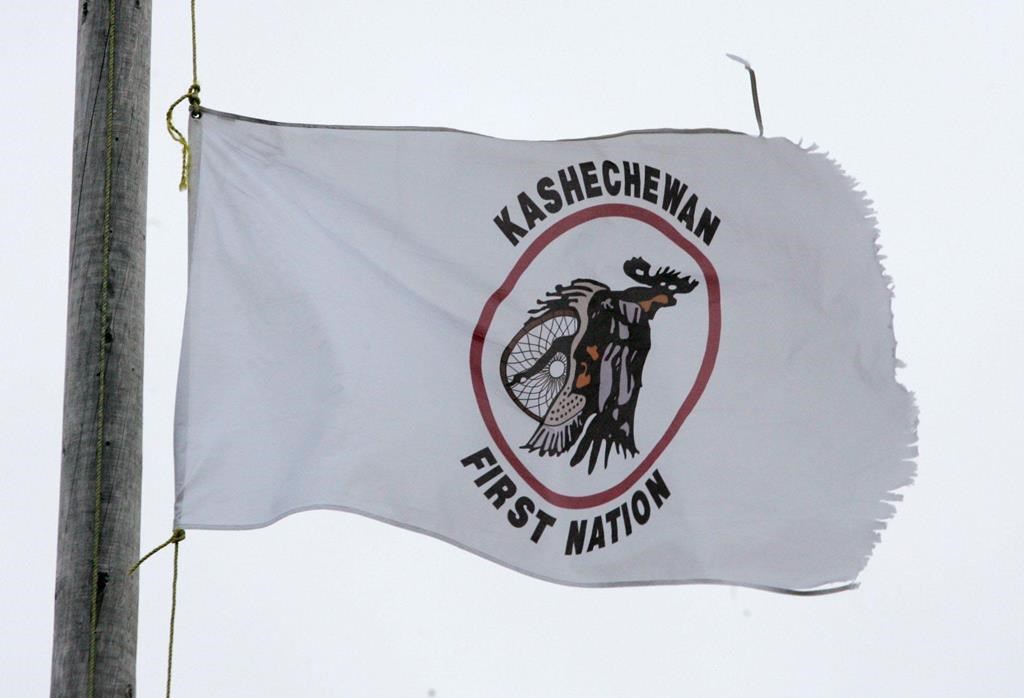Plans are in place to send more nurses to a remote First Nation in northern Ontario that’s had to limit its health-care services to emergency-only care due to a nursing shortage, a regional care provider confirmed on Wednesday.

Lynne Innes, president of the Weeneebayko Area Health Authority, said the first nurse is expected to arrive Friday in Kashechewan First Nation. The community has been running its nursing station with just two nurses on the ground since late last week.
Indigenous Services Canada runs health-care in Kashechewan, with some physician and other services provided by Weeneebayko Area Health Authority. But Innes said her organization that provides health-care services to communities along the James and Hudson Bay coast was asked to aid in finding agencies to help with the critical nurse shortage.
“Hopefully our measures, as well as additional recruitment and retention strategies from Indigenous Services Canada, will help aid in attracting more nurses to the region,” Innes said in a phone interview.

Get weekly health news
Innes said there are plans to send a total of six additional nurses and a nurse practitioner over the month of September to shore up health-care staffing in the fly-in community of about 1,900 people.
The nurses, who work for different agencies, will be an addition to the rotation of nurses from Indigenous Services Canada who arrive in Kashechewan every two weeks, Innes said.
Kashechewan community leaders raised the alarm about the situation last week. Health director Jonathan Solomon told The Canadian Press that health-care services like blood work and prenatal care were not being offered due to the emergency-only operations.
Solomon said the nursing station usually operates with approximately nine nurses on the ground, but the number of those arriving has dwindled over the last several weeks as Canada contends with a countrywide shortage of nurses, driven by pandemic-related burnout and other pressures.
That staffing challenge has forced some emergency departments in southern Ontario to temporarily close for hours or days at a time, and it has left residents in Kashechewan with no alternatives for care while the nursing station handles only emergencies because they can’t drive to other communities to seek care.
The Cree community on the western James Bay coast is located 460 kilometres north of the closest large urban centre in Timmins, Ont., according to the Kashechewan First Nation website. Other surrounding communities are only accessible by plane for most of the year.
Innes said staffing similar strain is being felt in other remote northern communities. No nursing stations have been forced to close in the region covered by Weeneebayko Area Health Authority and Innes said her organization is working hard to avoid that scenario.
Wages have played a role in the region’s nurse retention issues, Innes said, as well as the difficulty of competing with employers in southern Ontario.
Innes said her organization is looking at having a regional approach to deploying and moving staff to fill gaps as they arise, and added her organization would be willing to assist Indigenous Services Canada on their own contingency plans for limited staffing situations.
A spokesman for Indigenous Services Canada told The Canadian Press last week that it is prepared to respond in the event that Kashechewan has no care providers on the ground, with transportation options for emergencies or alternatives like virtual care for non-emergencies.







Comments